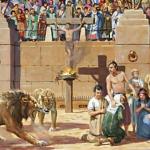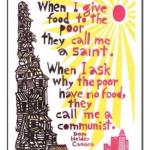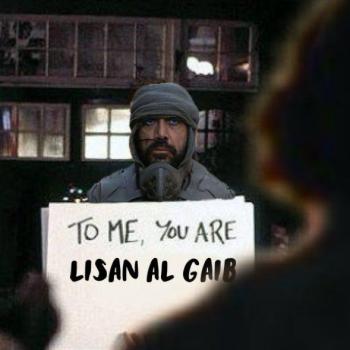CALL FOR PAPERS via RelCFP:
Boston University
Graduate Program in Religion Student Association
Presents a Virtual Conference:
RELIGION AND THE FUTURE
Conference Date: Sunday, October 18, 2020
Keynote Speaker: Sylvester Johnson, Director, Virginia Tech Center for Humanities
Just as the religious gaze into the past for holy histories, divine guidance, and ritual instruction, so too do they yearn for the future to inspire hope, bring peace, or inaugurate apocalypse. The future forces reckoning with technological change and adaptation to environmental catastrophe. The future heals through recognition of the past in sacred narratives of hard-won victories and traumatizing loss. How do the religious figure the future? How does the study of religion account for the future as a chronological moment, a container of dreams, a companion to the past, a harbinger of doom, or a beacon of hope?
Boston University’s Graduate Program in Religion Student Association (GPRSA) is pleased to announce a virtual Graduate Student Conference on “Religion and the Future.” We invite papers from many disciplinary and theoretical perspectives and welcome creative and provocative presentations that open up new avenues of inquiry. For more information, contact Chad Moore at [email protected].
Note on COVID-19 Impact: Considering how COVID-19 will continue to impact public health, economic stability, institutional access, travel restrictions, and research possibilities well into the fall, the BU GPRSA Conference Committee has proactively decided to make this year’s graduate conference on religion a virtual one. The conference will be personable, engaging, and fun, so we hope you’ll join us!
Please submit a CV and a 300-word abstract by June 15, 2020 to [email protected] .
Possible Topics Include:
The Future of Religion & Religious Studies: How does one study the future of religion? Is religious resurgence the rule or the exception? What pedagogical approaches does religious studies need in an age of digital humanities?
Rituals & Robotics: Does technology contaminate or enhance religious symbols, rituals, or experiences? Can artificial intelligence be religious? What do virtual and physical religious spaces share?
Utopias & Dystopias: From catastrophes to paradises, how do people imagine future societies? What do people hope for or dread? How are these hopes and fears related to, bound up in, or separate from religious belief, practice, and experiences?
Dreams, Visions, & Prophecies: Religious literature employs revelation to shape sacred stories, make a place for divine agency, and imagine idealized and alternative futures. How do religions of the past and present deploy such visions as part of their religiosity?
Apocalypses & Eschatons: How do religions conceive of the end of the world? Do technological or scientific eschatologies relate to traditional religious notions of the end? How do religions utilize narratives to envision or predict the future?
Ecological Futures: How does climate change threaten religious communities, sacred sites, and shared practices? How do religious traditions engage with the potential loss of a viable future for humanity on Earth?













